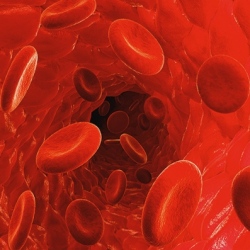
A blood test can tell researchers what a person’s ‘biological age’ is and may help to change the way we think about ageing, say researchers. It is hoped that new research could improve how we manage diseases and help to identify the people most at risk of diseases that occur with ageing.
Scientist used RNA profiling to compare genes in thousands of human tissue samples and found 150 genes, in the brain, blood and muscle tissue, that provide an accurate picture of good health at 65 years old. They said this “represents a biomarker for biological age” and produced a formula for healthy ageing.
This formula could then be used across people of the same age to indicate how well a person is ageing. “Given the biological complexity of the ageing process, until now there has been no reliable way to measure how well a person is ageing compared with their peers,” said the study’s lead author James Timmons, from Kings College London.
“Physical capacity such as strength or onset of disease is often used to assess ‘healthy ageing’ in the elderly but in contrast, we can now measure ageing before symptoms of decline or illness occur.”
If a person was found to have a low score in the researchers’ tests they could be considered to have ‘accelerated ageing’. The research also suggests that ageing does not need to be defined only by the appearance of a disease.
While the study sheds light on a way for us to show our biological age, it does not look at any ways that it could be improved. Timmons said that more work is done to figure out why big differences in ageing happen.
The Medical Research Council, which partly funded the work, said that the results may help to improve the development of treatments that can keep people living for longer.
